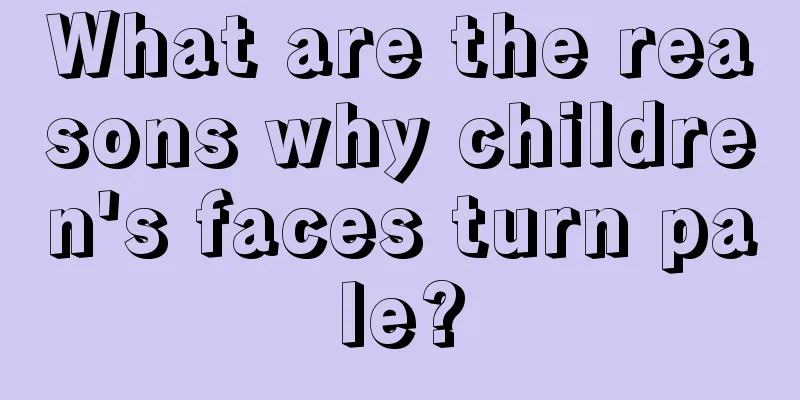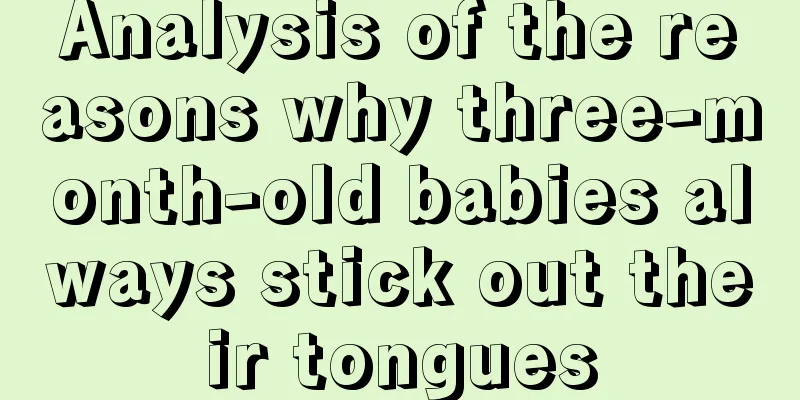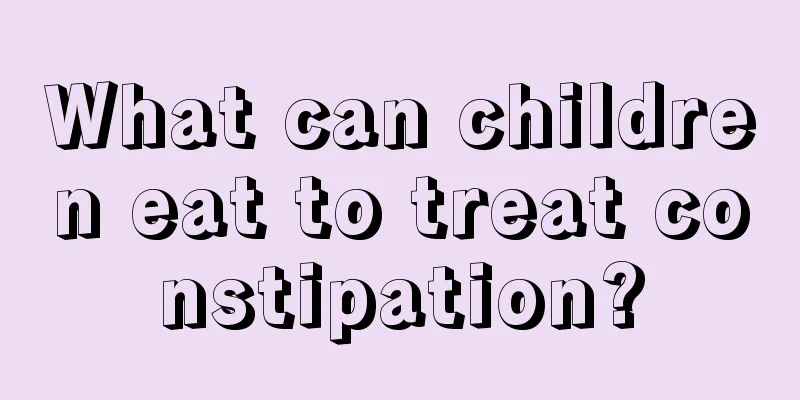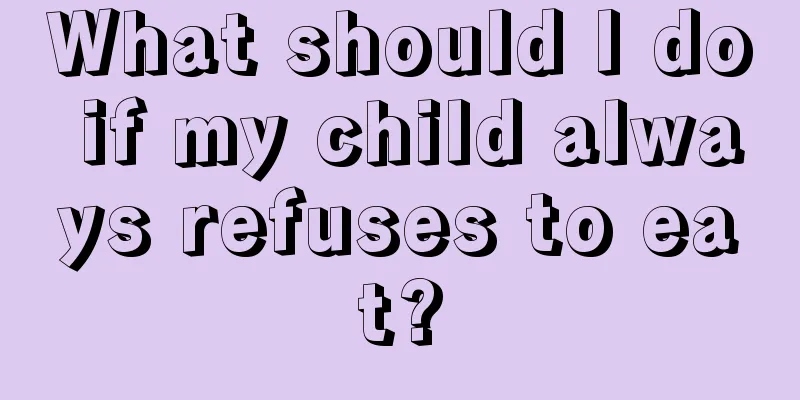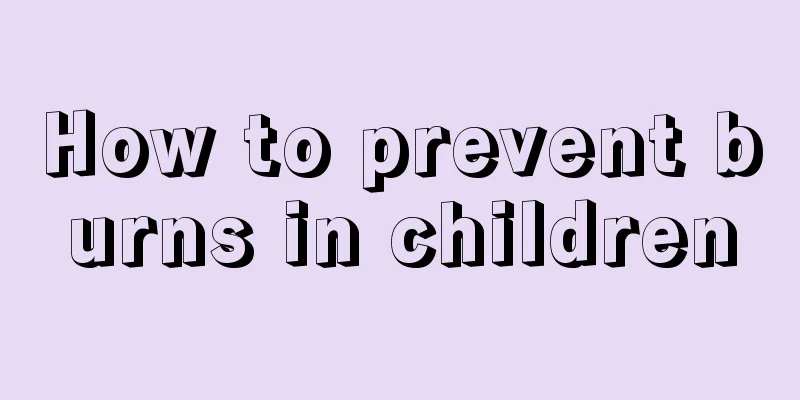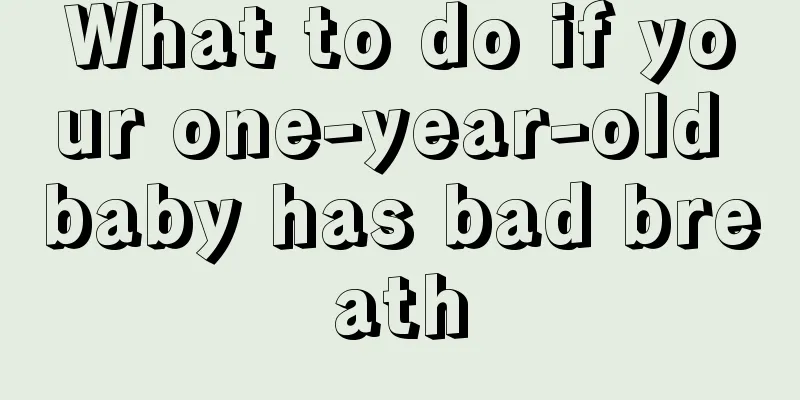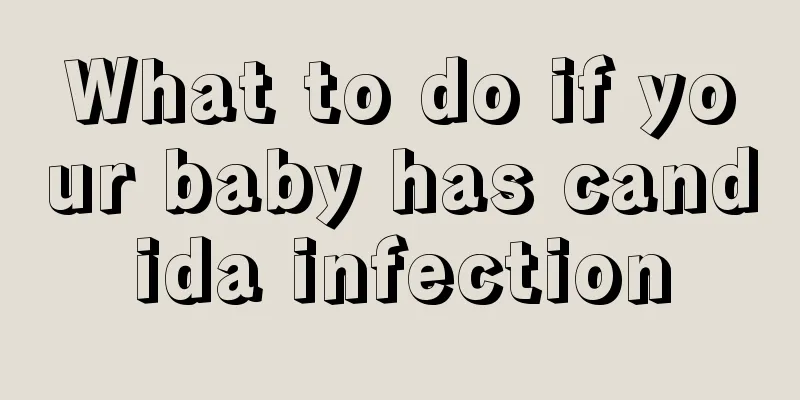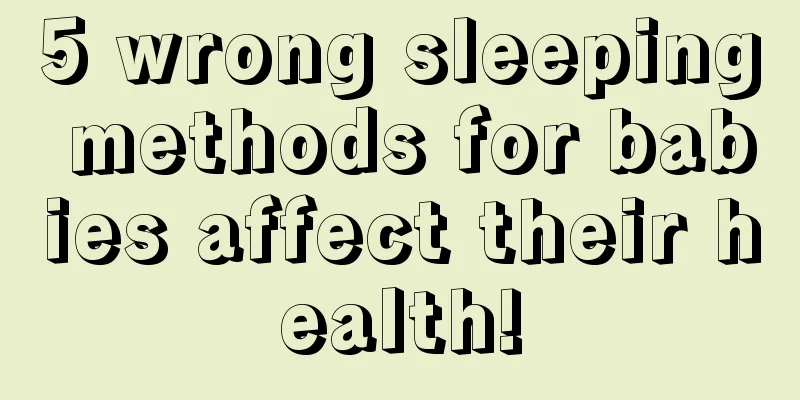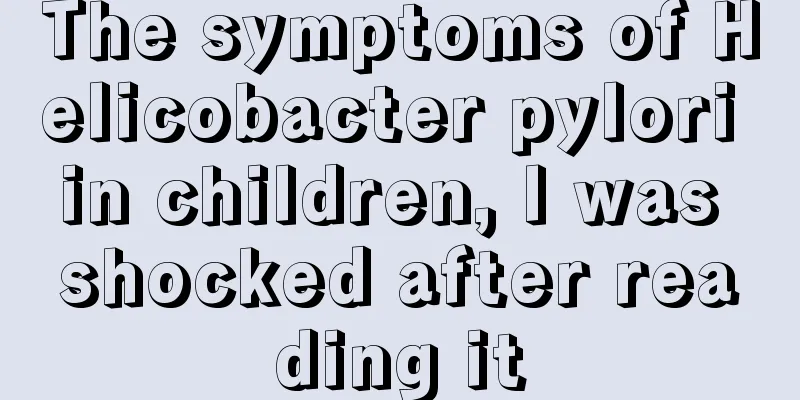Causes of chest tightness and breathing difficulties in children
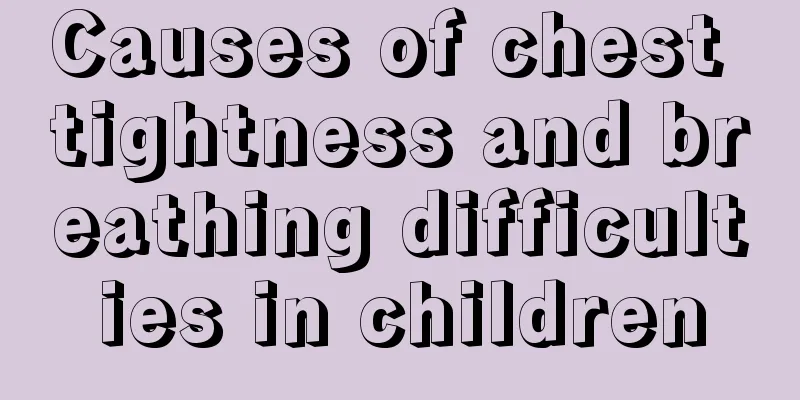
|
With the development of society, the improvement of economic level and medical conditions, some new symptoms or incidence rates are also increasing. In recent years, some inexplicable symptoms are particularly common among minors. Some children will have symptoms of chest tightness or difficulty breathing. Many parents feel worried and wonder why their children will have this situation for no reason. In order to relieve the doubts of parents, let’s take a look at the reasons for children’s chest tightness and difficulty breathing. Dyspnea can be divided into the following five types according to the main pathogenesis: 1. Pulmonary dyspnea: caused by respiratory organ lesions, mainly manifested in the following three forms: 1) Inspiratory dyspnea: manifested by wheezing, and depression of the sternum, supraclavicular fossa, and intercostal spaces during inspiration - the three-depression sign. It is common in laryngeal and tracheal stenosis, such as inflammation, edema, foreign bodies and tumors. 2) Expiratory dyspnea: prolonged expiratory phase accompanied by wheezing, seen in bronchial asthma and obstructive pulmonary disease. 3) Mixed dyspnea: seen in pneumonia, pulmonary fibrosis, large pleural effusion, pneumothorax, etc. 2. Cardiogenic dyspnea: Common in cardiogenic pulmonary edema caused by left heart failure, its clinical characteristics: 1) The patient has a history of severe heart disease. 2) Mixed dyspnea, more obvious in supine position and at night. 3) Medium and small wet gong sounds may be heard at the bottom of the lungs and vary with body position. 4) X-ray examination: abnormal changes in the cardiac shadow; congestion in the hilum of the lung and its vicinity or signs of pulmonary edema. 3. Toxic dyspnea: Acidosis caused by various reasons can increase the carbon dioxide in the blood and decrease the pH, stimulate peripheral chemoreceptors or directly excite the respiratory center, increase respiratory ventilation, and manifest as deep and severe dyspnea; respiratory depressants such as morphine and barbiturates can also inhibit the respiratory center when poisoning, causing shallow and slow breathing. 4. Hematogenous dyspnea: Severe anemia can cause shortness of breath due to a decrease in red blood cells and insufficient blood oxygen, especially after activities. In case of massive hemorrhage or shock, ischemia and a drop in blood pressure stimulate the respiratory center and cause dyspnea. 5. Neuropsychiatric and myopathic dyspnea: Severe brain diseases such as encephalitis, cerebrovascular accident, brain tumors, etc. directly affect the respiratory center, resulting in abnormal respiratory rhythm and leading to dyspnea; myasthenia gravis crisis causes paralysis of the respiratory muscles, leading to severe dyspnea; in addition, hysteria can also cause dyspnea attacks, which are characterized by significantly rapid and shallow breathing, because respiratory alkalosis is often accompanied by tetany. After reading this, do parents who don’t understand their children’s symptoms of chest tightness and difficulty breathing have a general understanding now? This symptom is often not very harmful to the body, but the recovery period is slow. Parents only need to take their children to the hospital for examination and treatment in time after discovering it. At the same time, they should also pay attention to their children's habits in daily life. |
<<: Treatment of carbon monoxide poisoning in children
>>: What to do if your child has trouble breathing at night
Recommend
Three-month-old baby development indicators
I don’t know if you are familiar with the rules o...
Why does my baby sweat on his head and neck when sleeping?
I believe that every baby is a treasure to the fa...
What is the cause of the child's nails falling off?
In the process of child's body development, i...
How can children grow taller if their parents are short?
We usually see other children are very tall, whil...
Cold, cough and anti-inflammatory medicine for a 10-year-old child
Children are very important to their parents. Par...
What are the reasons why children have fever but no fever?
For infants and young children, because they are ...
Is it normal for babies to poop while eating?
The baby's various living habits have not bee...
Children's finger and toe nails itching
Children usually like to chew their fingers in th...
8 month old baby suddenly refuses to eat complementary food
Under normal circumstances, babies aged eight mon...
What to do if children have allergic rhinitis?
Children generally have poor resistance, so they ...
The child keeps coughing
Coughing is a common symptom, especially coughing...
Treatment of newborns getting angry after drinking milk
Many of our newborns will get a sore throat after...
How to treat hand, foot and mouth disease blisters
Many people don’t know how to deal with blisters ...
What is the reason for a child to have a fever and vomit?
In people's daily lives, some diseases will o...
Why do babies have bloodshot eyes and the corresponding solutions
Babies have just come into this world and have re...
